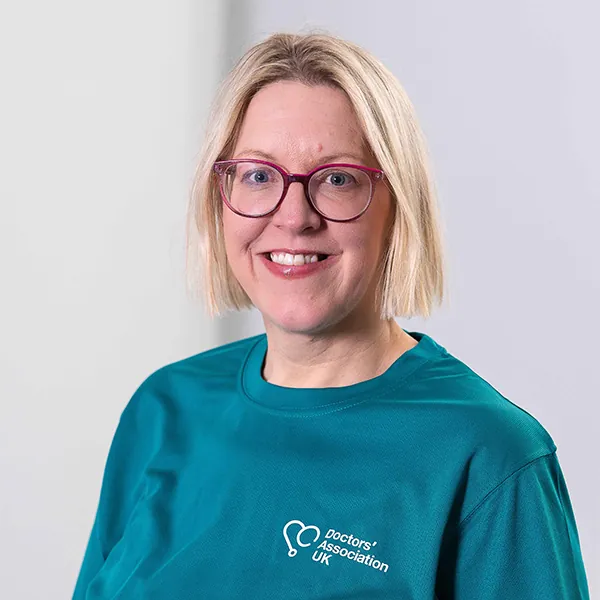
A doctors’ union has warned about the implications of the proposed new doctor apprenticeship scheme, warning it could waste GP time and produce ‘inadequately trained’ doctors.
Doctors Association UK (DAUK) said its members have ‘voted unanimously’ to oppose the new scheme which is being worked up by Health Education England and which is aimed at enabling candidates to become doctors without undertaking a traditional undergraduate medical degree.
On the back of reports it will have ‘a heavy primary care focus’ the DAUK warned that GP trainers would not have the capacity to train the apprentices.
DAUK chair Dr Jenny Vaughan said that while the organisation agrees with the aim to diversify and widen participation in medicine, it questions ‘why it is necessary, considering there is a surplus of fully trained final year medical students unable to secure FY1 placements’.
Dr Vaughan added that it could create a ‘two-tier system’, as it is ‘unlikely the same levels of competence will be achieved’ as those undertaking an undergraduate medical degree with the bulk of the scheme spent ‘in service provision’.
And she said: ‘With a near record numbers of students and junior doctors currently in training, the consultants and GPs who provide most of the clinical teaching are already under strain, and we question who will be supervising these trainees and if they really have any more capacity to do so.’
DAUK GP advisor Dr Lizzie Toberty said: ‘This apprenticeship scheme risks spending a lot of time and money to develop inadequately trained doctors. Without a thorough and rigorous grounding in the sciences we risk dumbing down our health system. If patients do not have access to doctors with adequate clinical knowledge their treatment will suffer.’
She added that ‘alarm bells’ have been ringing given the primary care focus of the scheme, adding that there is an inference that general practice does not require the same level of knowledge or skills, as a hospital doctor, signalling a ‘huge underestimation of the role’.
She added: ‘We strongly recommend HEE focus on making current medical school places more affordable and accessible to those from all backgrounds, and develop schemes to allow students to study part time and have jobs alongside their medical degrees – or provide them with bursaries.’
But HEE retorted to the claims, saying that the same medical schools as currently have undergraduate medical students will deliver this degree apprenticeship with exactly the same exams and assessments including the MLA as for the traditional course so there will be no difference in competencies achieved.
It also refuted the claim that there is a shortage of foundation placements, with those placed on waiting lists usually found positions.
HEE deputy medical director for undergraduate education Professor Liz Hughes said: ‘We are working with employers, the Institute for Apprenticeships and Technical Education, Medical Schools Council, the GMC and a number of other stakeholders on developing a medical degree apprenticeship.
‘A proposal is currently in the early stages of development and there will be significant opportunities to help shape and implement the plans. The expectation is that such an apprenticeship could make the profession more accessible, more diverse and more representative of local communities while retaining the same high standards of training.’




